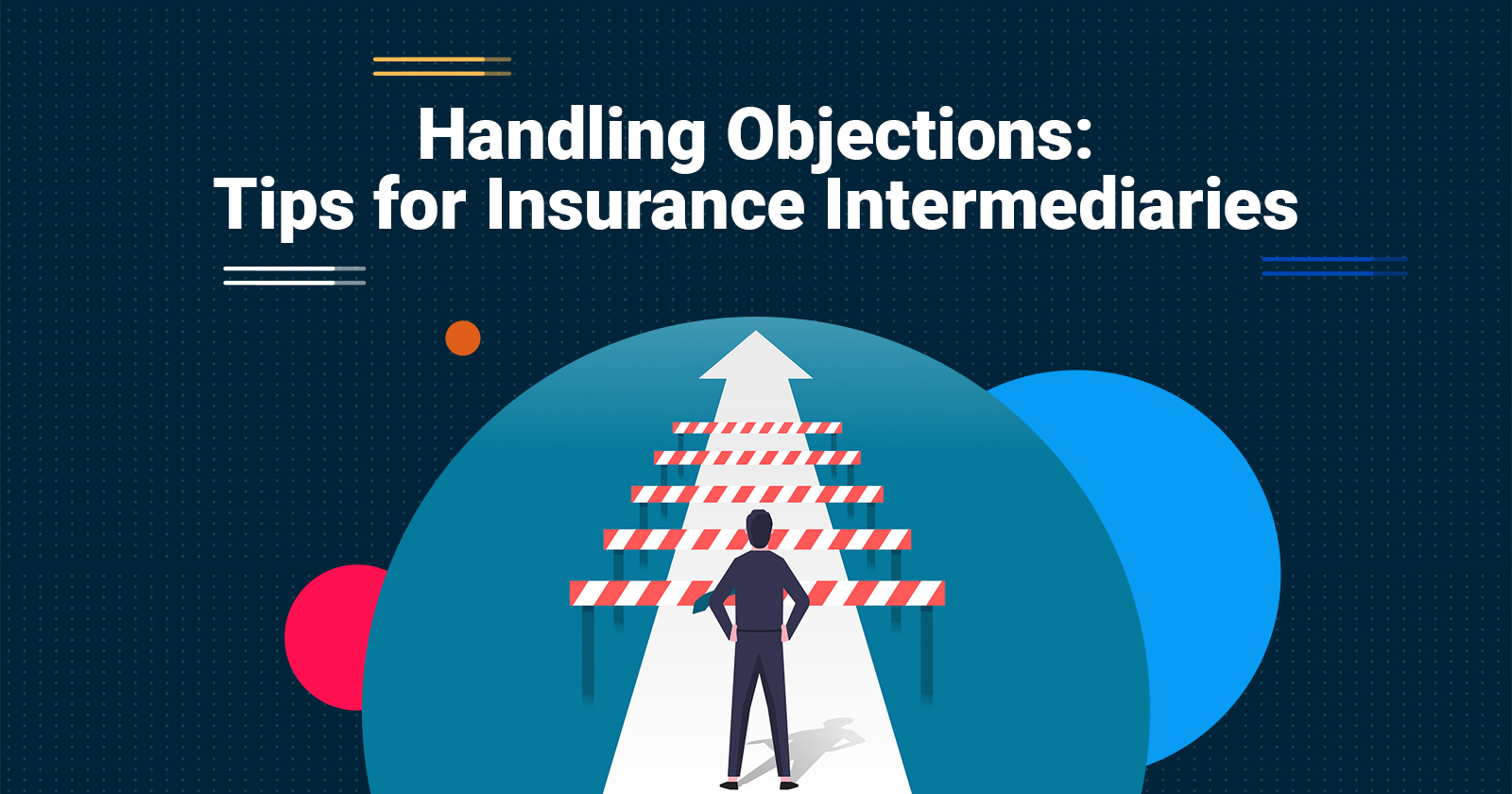
[This article was generated by Meta AI and has been edited by the Surer team for clarity, readability and context.] Prospecting can be a thrilling adventure, but let’s face it – objections are an inevitable part of the journey. Don’t worry, we’ve got your back! In this article, we’ll share some practical tips on how to handle objections like a pro, so you can close more deals and grow your business. Understanding Objections First, let’s talk about why objections arise in the first place. Often, it’s because prospects have concerns or misconceptions about insurance products or services. According to a study by the Life Insurance Association of Singapore (LIA Singapore), the top three objections in the Singapore market are: Furthermore, 80% of customers are more likely to purchase from an intermediary who understands their needs (Accenture) while 90% of customers value transparency and honesty in their interactions with intermediaries (EY). Now that we know the common objections, let’s dive into some strategies to tackle them: Acknowledge and Empathise When a prospect raises an objection, acknowledge their concern and show empathy. This helps build trust and creates a safe space for further discussion. For example: ”I understand that cost is a concern for you. Can you tell me more about what you’re looking for in a policy?” Ask Open-Ended Questions Encourage prospects to share more information by asking open-ended questions. This helps you better understand their needs and address their concerns. For example: “Can you share an experience where you felt misunderstood by an insurance company?” Provide Education and Clarity Sometimes, objections arise from a lack of understanding. Take the opportunity to educate prospects about the benefits and features of your products. For example: “Let me explain how our policy works. We offer flexible premiums and a comprehensive coverage that suits your needs.” Offer Solutions and Alternatives Be prepared to offer alternative solutions or tailor-made plans that address the prospect’s concerns. For example: “I understand that our standard policy may not fit your budget. Let me see if we can customize a plan that suits your needs.” Use Storytelling Share relatable stories or case studies that demonstrate the value of your products or services. For example: “I had a client who was hesitant at first, but after understanding the benefits, they saw a significant reduction in their premiums.” Be Transparent and Honest If you don’t have an answer, be honest and transparent. Offer to follow up with more information or expertise. For example: “That’s a great question! I’ll need to check with our underwriters and get back to you with a more detailed answer.” Handling objections is an something that requires empathy, understanding, and effective communication. Remember, objections are opportunities to build trust and demonstrate your expertise. So, go ahead, embrace the objections, and watch your business thrive! It is fuss-free. No credit card or payment required.
Are you an Insurance intermediary? Sign up for free now!
Subscribe to our Telegram channel to get the most insightful articles delivered to you automatically!
